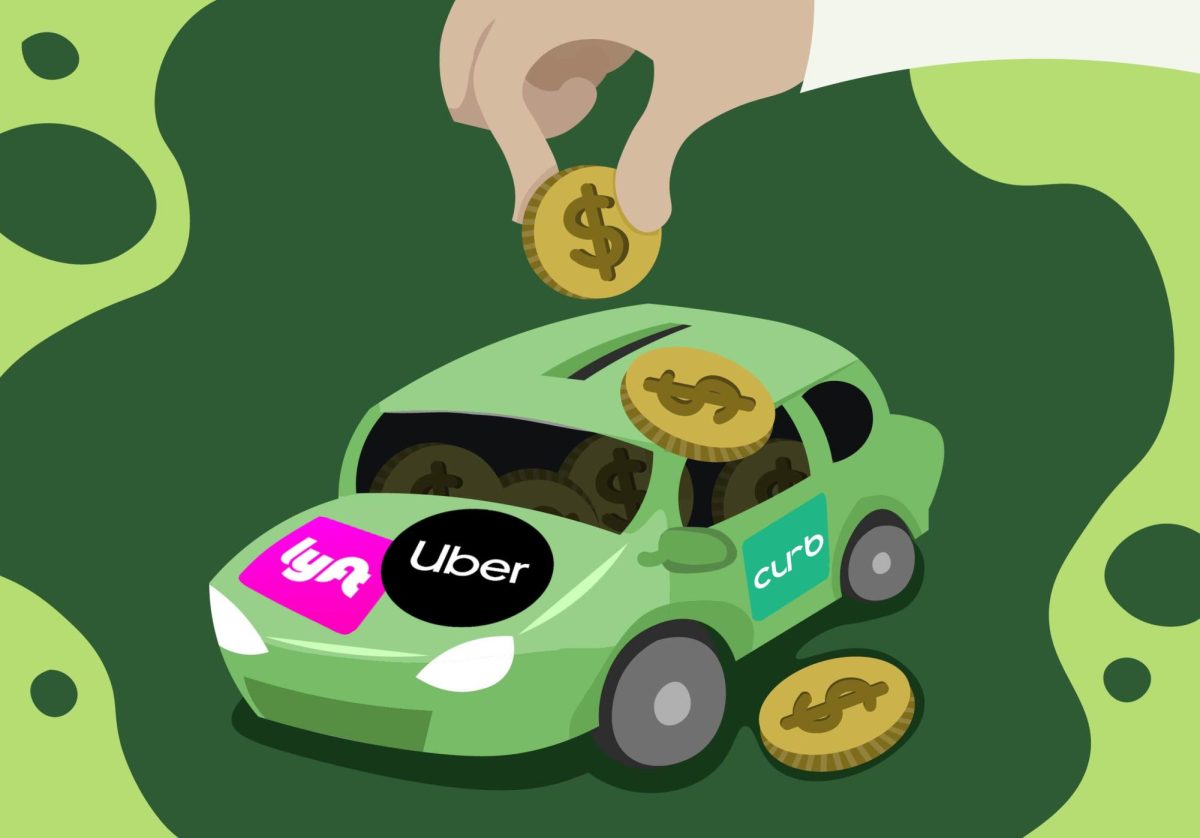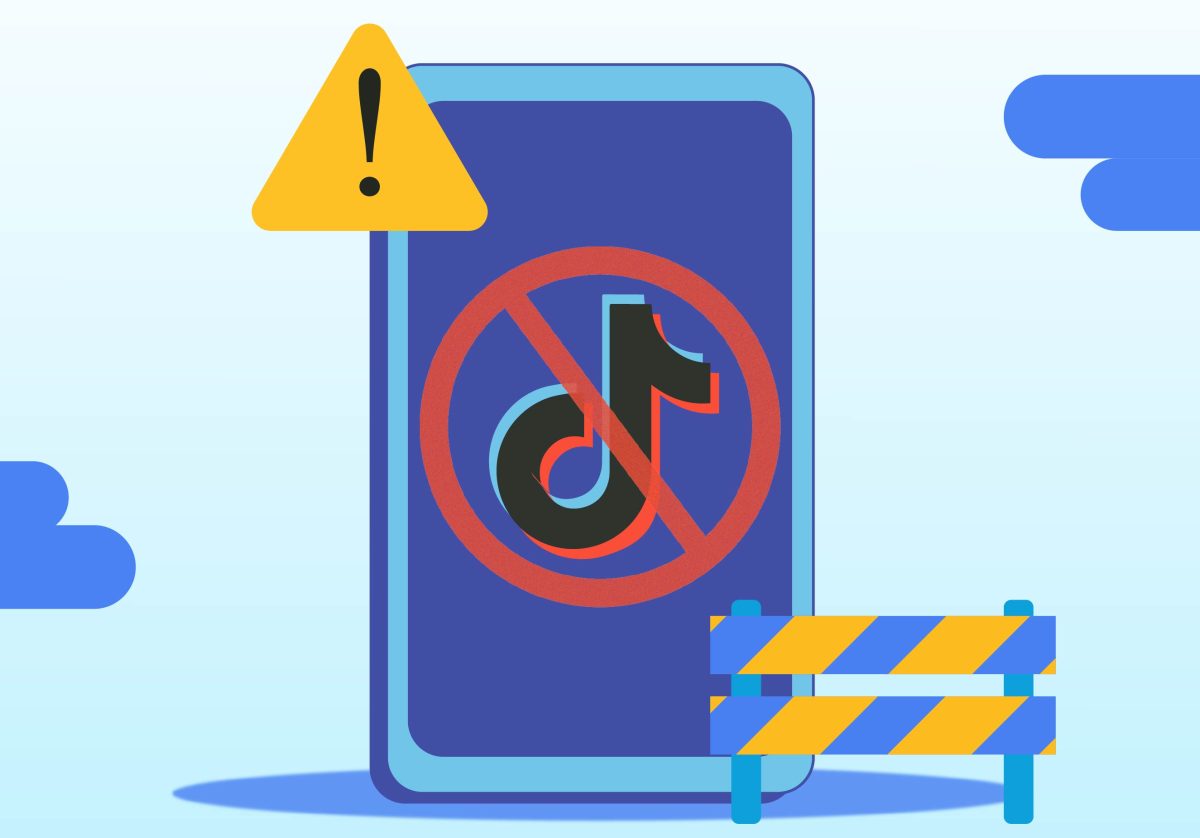Lyft and Uber said they will cease operations in Minneapolis after the city’s council voted Thursday to override a mayoral veto and require that ride-hailing services increase driver wages to the equivalent of the local minimum wage of $15.57 an hour.
Lyft called the ordinance “deeply flawed,” saying in a statement that it supports a minimum earning standard for drivers but not the one passed by the council.
“It should be done in an honest way that keeps the service affordable for riders,” Lyft said. “This ordinance makes our operations unsustainable, and as a result, we are shutting down operations in Minneapolis when the law takes effect on May 1.”
Uber did not immediately respond to a request for comment, but news outlets reported that it issued a similar statement saying it would also stop service that day.
Both companies promised to push for statewide legislation that would counter the Minneapolis ordinance, and state House Republicans proposed a bill Thursday that would preempt local regulations of ride-hailing services.
The City Council first passed the measure last week in a 9-4 vote despite Mayor Jacob Frey’s promise to veto it. The measure requires ride-hailing companies to pay drivers at least $1.40 per mile and $0.51 per minute for the time spent transporting a rider — or $5 per ride, whichever is greater — excluding tips. In the event of a multi-city trip, that only applies to the portion that takes place within Minneapolis.
Critics of the bill say costs will likely spike for everyone, including people with low incomes and people with disabilities who rely on ride-hailing services. Supporters say the services have relied on drivers who are often people of color and immigrants for cheap labor.
“Drivers are human beings with families, and they deserve dignified minimum wages like all other workers,” Jamal Osman, a council member who co-authored the policy, said in a statement.
“Today’s vote showed Uber, Lyft, and the Mayor that the Minneapolis City Council will not allow the East African community, or any community, to be exploited for cheap labor,” Osman added. “The Council chooses workers over corporate greed.”
Democratic Gov Tim Walz, who vetoed a bill last year that would have boosted pay for Uber and Lyft drivers, told The Associated Press on Wednesday that he was concerned because so many depend on those services, including disabled people.
He said he believed the companies would pull the plug, “and there’s nothing to fill that gap.”
Walz added that he hopes the Legislature will seek a compromise that both includes fair pay for drivers and dissuades the companies from leaving.
Seattle and New York City have passed similar policies in recent years that increase wages for ride-hailing drivers, and Uber and Lyft still operate in those cities.












Mecca
Mar 18, 2024 at 4:41 pm
Good to know that both Frey and Walz are in the pocket of these companies. I hope their constituents remember this when they are up for re-election. If these companies refuse to pay their employees a livable wage, then we are better off without them in the city. Other ride-share apps can even use this opportunity to swoop in and prove that they are better than the two giants in the industry.
Elma Johnson
Mar 18, 2024 at 9:07 am
I applaud the decision of the Minneapolis City Council. Requiring minimum wage for all workers in our City is a priority, and means putting our collective, community’s interests ahead of private, company’s profits. It is well-known that Lyft and Uber drivers do not make enough income from driving, and often need to work long, erratic hours at the expense of their personal and their family’s wellbeing. Minneapolis ( and MN!) must focus on creating quality jobs that pay decent living wages – driving for Uber and Lyft is not a sustainable, long-term job for anyone.
Also, we must support equitable transportation options and access for everyone. Minnesota and Minneapolis have made important investments in Public Transit infrastructure over the past decade- it is the only environmentally and socially sustainable way to provide transportation for all. Lyft and Uber out more cars on the streets, increasing congestions and pollution. Public funds in Minneapolis should be oriented to promote the use of Transit by everyone in our city, and invest dollars to incentivize and improve access to Transit and sustainable transportation options for all.